If you've ever taken business courses, the term "cash cow" might be familiar to you. Anything or anyone that can generate a large amount of profit for the company can be known as a cash cow.
But what does a cow have to do with it? It's basically a metaphor. Think about if you invest your money to buy a cow, it will continue to produce milk (money) even after your investment has been paid off. It will keep making money for many more years. It's a cash cow!
|
Have you ever played or heard of the game Candy Crush? If you haven't, it's a match-three puzzle game with many levels. I've never played it but I know a lot of people who are addicted. Candy Crush was created by King game company and the game has made the company A LOT of money. We can say Candy Crush is the company's "cash cow."
2 Comments
I must admit that I'm not a big fan of driving. I dislike having to deal with traffic and with moody drivers. I always try to walk whenever I can. However, there are times when driving can be so time-saving and efficient. This is especially true when I have to get somewhere quick or if I have a lot of things to carry with me. So there are advantages and disadvantages to driving. Another way we can say this is "pros" and "cons." It basically means the same thing as "the good things" (which are advantages) or "the bad things" (which are disadvantages). Sometimes they may also be used as "for" and "against." This is seen and heard often in debates. 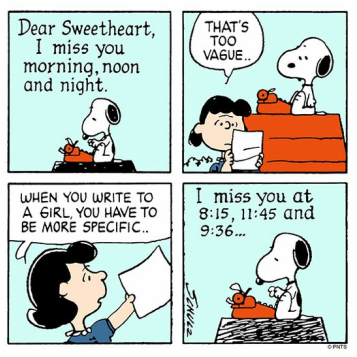 Being able to tell the time is an important part of life. Just like Snoopy in this image, there are times when you'll need to be very specific. Someone might stop to ask you, "Excuse me, have you got the time?" or "Can you tell me what time it is?" How about making a reservation at a restaurant? "I'd like to make a lunch reservation for 12:30" or making a doctor's appointment: "I'd like to schedule an appointment for 10:00 tomorrow" Aside from knowing how to say the time, we also need to understand time being expressed by someone. One day you might be that person asking someone for the time and need to understand their response. Or even in understanding when to show up to a meeting or class! You never want to be late! Take a look at the image below. The time usually has an hour hand (the short hand), a minute hand (the long hand). The hour hand is very easy as long as you know numbers, it's basically between one and twelve. The minute hand is usually the hardest for people to learn. There are two ways we can express the minute hand. The first way is to say the hour time first and then express the minute hand. For example: 1:30 = one thirty 3:14 = three fourteen 8:59 = eight fifty nine 11:00 = eleven o'clock The second and considered more formal way to express time is to use "past" and "to." From one minute to 30 minutes, we use "past." The image below shows this. The number of minutes past the current hour. For example, 1:12 = twelve past one. It means twelve minutes past the hour of one o'clock. Between 31 minutes and 59 minutes we use "to." The number of minutes to the approaching hour. For example, 1:40 = twenty to two. It means twenty more minutes until the hour of two o'clock. When we use this form, it can be common to round it to the nearest five minutes, but not always the case. Some might even say, "It's almost ten past one." This is a useful diagram for you to practice and learn this more formal way to express time. Use it, share it, learn it! !Try and see if you can complete the ten times below then download, print, and wear your own watch to help you practice!
If you're learning English for your job or business, then today's lesson will be beneficial to you. "Computer savvy" is a term we hear quite often in business and also commonly on a job application, resume, or job description On a job description, you might see something like this: Looking for someone who has experience in sales, can work as a team and must be computer savvy. The word SAVVY [sav-ee] means knowledgeable or has advanced skills in a particular area. So someone who is COMPUTER SAVVY means they have good experience with using computers. It can sometimes be seen as computer-savvy. Those who have poor skills in using computers would not be computer savvy. It usually refers to someone who can do more than just type an email or create a Word document. Just because you have a computer doesn't mean you are computer savvy!
But if you are a computer savvy person, you probably understand how to use several programs, how to perform virus checks, recovering deleted items, creating folders etc. I would say I'm a computer savvy teacher! There are many other ways the word savvy can be used and not just with computers. Someone could be business savvy, internet savvy, politically savvy, technically savvy, marketing savvy, media savvy It can also be used as an adjective before a noun: "He is a savvy shopper", "She is a savvy bride", "He is a savvy politician", "She is a savvy Facebook user!" Do you think you're computer savvy? Phrasal verbs are extremely important in the English language because it's everywhere! Without some knowledge of these, it's very easy to get the wrong meaning of something. Phrasal verbs are two-word phrases, either as VERB + PREPOSITION or VERB + ADVERB. For example: run into, check in, cheer up, get up, hang out, shut off Each of these phrasal verbs have a meaning that is different from the individual words its made up of. This means the phrasal verb "cheer up" means something different than the words "cheer" and "up." "Call off" is another example of a phrasal verb. We hear this quite often in a variety of settings, both formal and informal so it's quite useful to know. So what does it mean? Can you use the phrasal verb, "call off" in a sentence? "Call off" means to cancel or abandon something. It's known as a TRANSITIVE PHRASAL VERB, meaning it can be followed by an object. For example, "call off" the party (party is the object/noun). "Call off" is also separable so that an object can be placed between the word "call" (the verb) and "off" (the preposition). You can see these examples below. Related Lessons:
Kick back Get Up VS. Wake Up 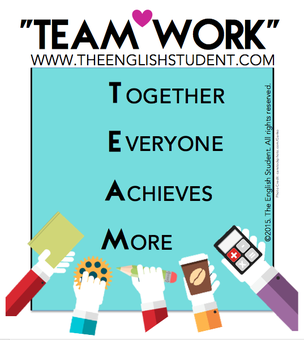 As a teacher, simply "teaching" a student does not make them learn better or faster but working as a team to learn from each other is very important. Learning about their goals, struggles and having them teach me about their culture can make a big difference. It can change how I teach and how they learn. It's team work! One of the things I love about blogging is that everyone interested in learning English can share my work to help other people learn as well. Same as I do with other educational blogs, I share their work, they share my work, and we can pass on great information to learners everywhere. Everyone can achieve more this way! With that said, I am so glad that we can all work together to learn English! |
ARCHIVE
January 2017
CATEGORIES
All
 This work is licensed under a Creative Commons Attribution-NonCommercial-NoDerivatives 4.0 International License. |
||||||||


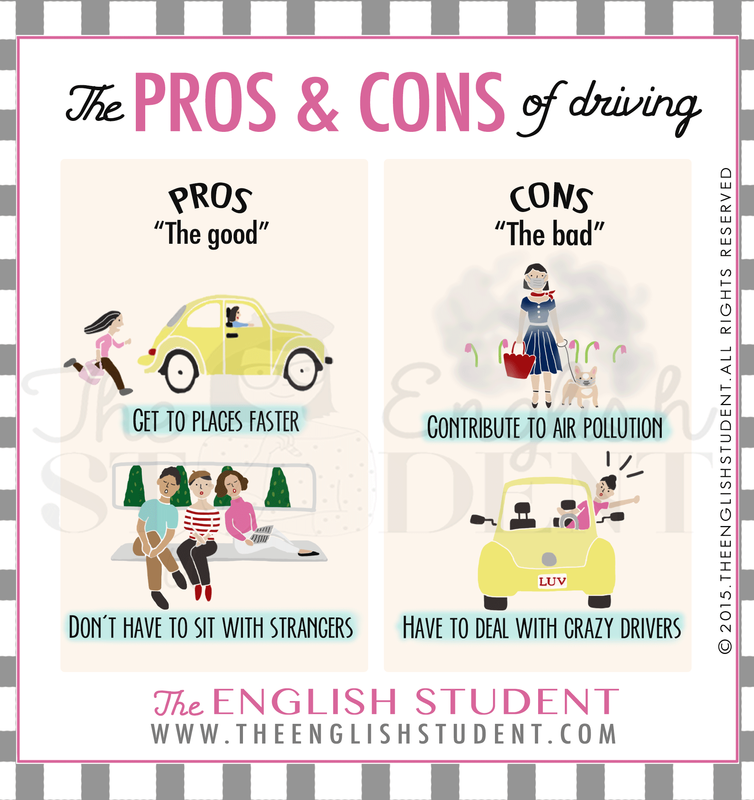
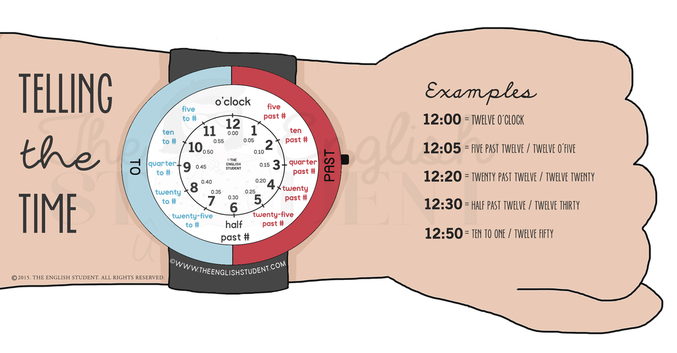
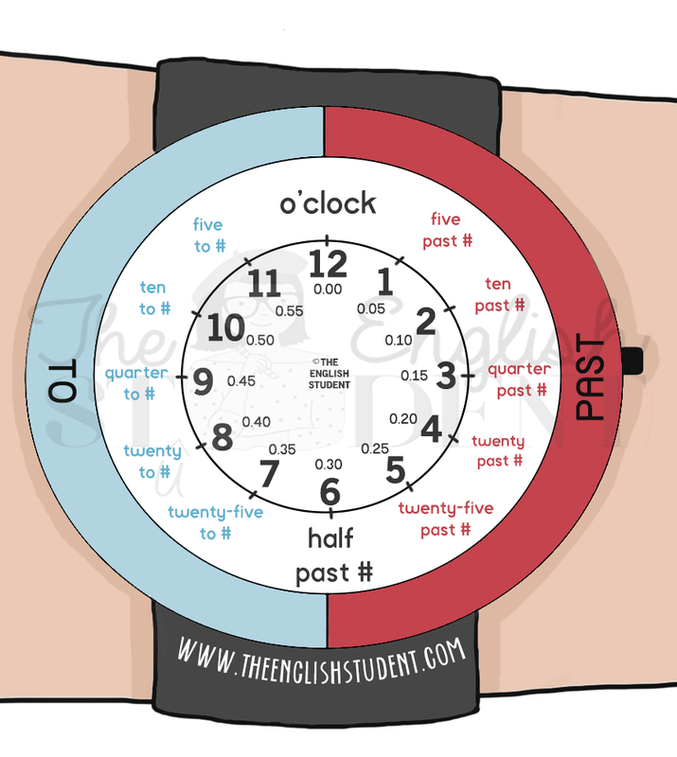

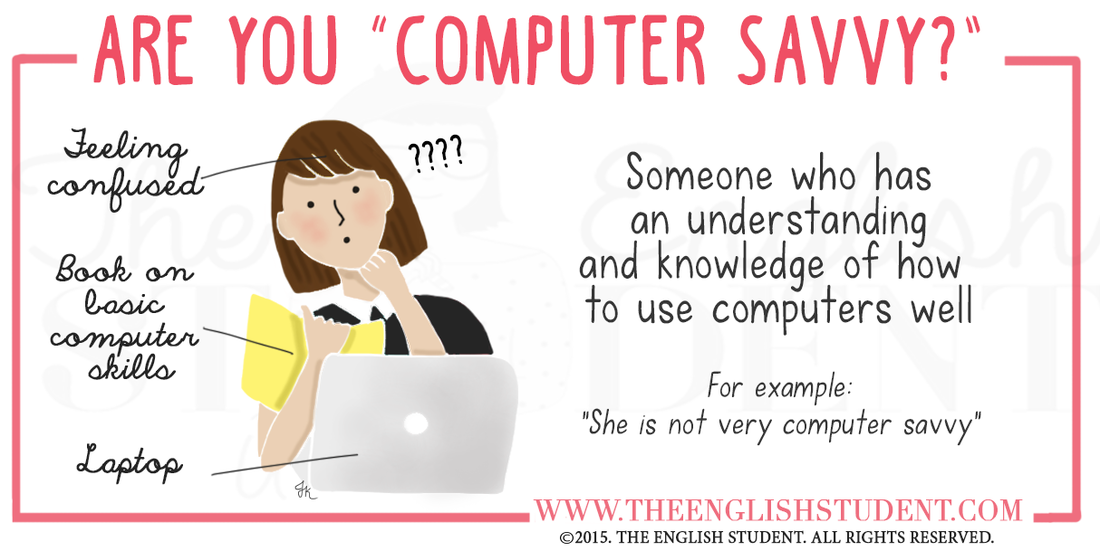
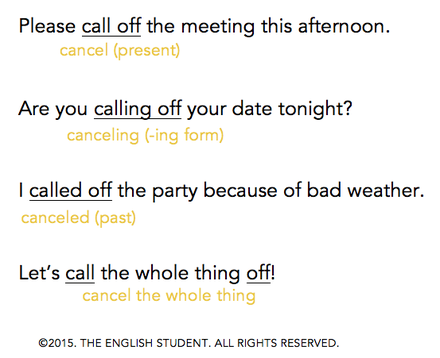






 RSS Feed
RSS Feed
